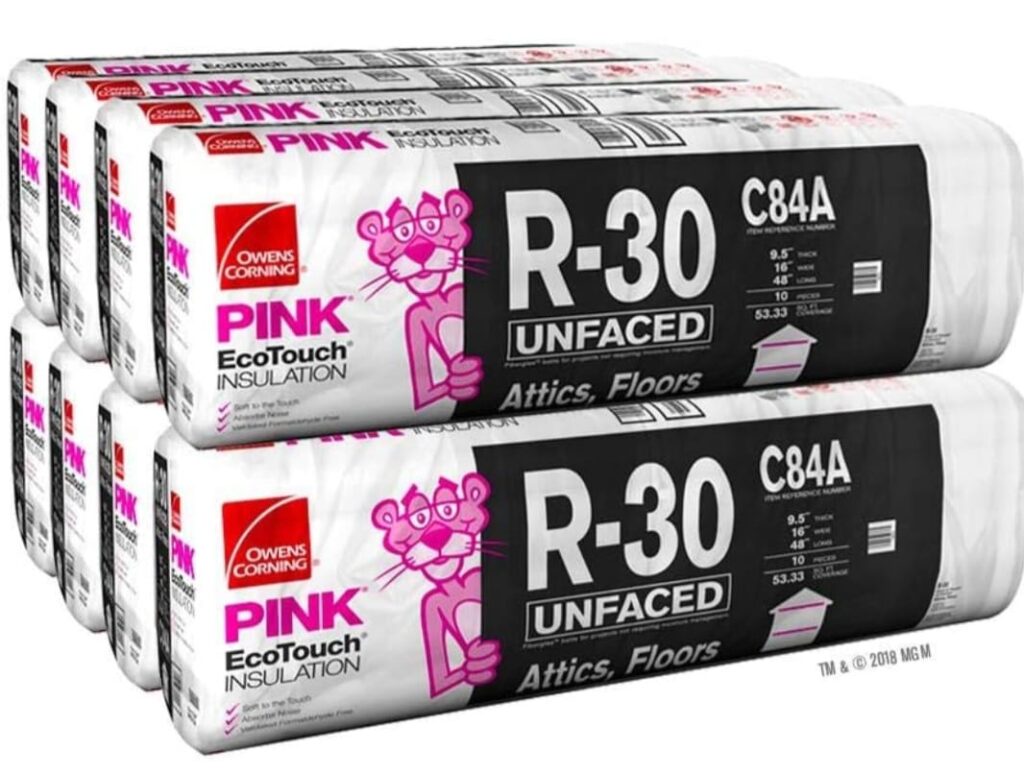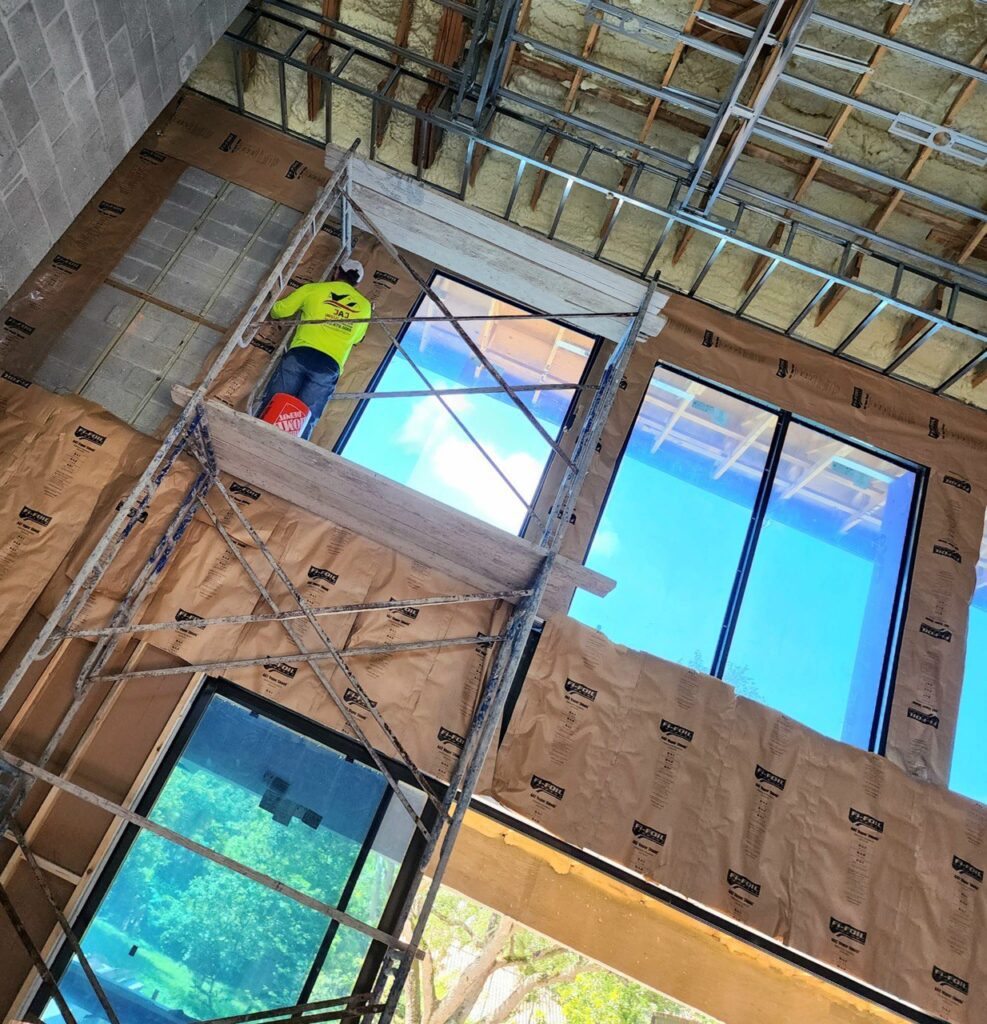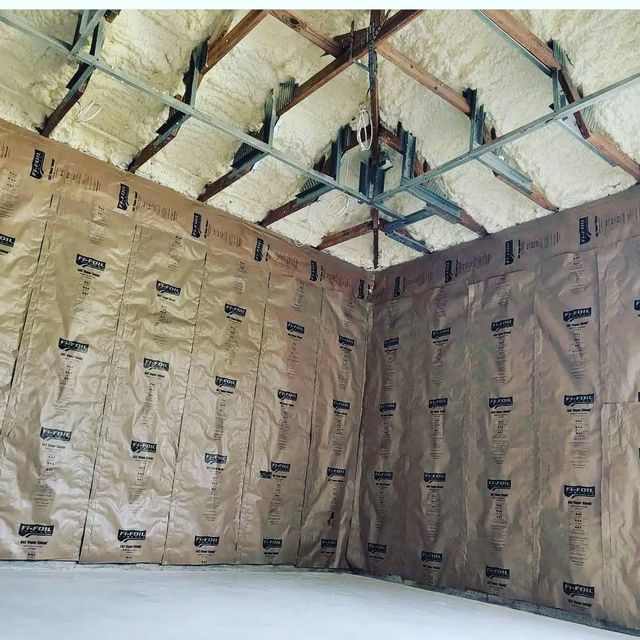Call us: (305) 879 6066
In the quest for a well-insulated living space, the term “R-Values” often emerges as a vital consideration. But what exactly are R-Values, and why are they crucial in choosing the perfect insulation for your home? In this comprehensive guide, we’ll unravel the mystery behind R-Values, helping you make an informed decision when it comes to insulating your space.

What Are R-Values?
At its core, an R-Value, or “thermal resistance value,” is a measurement of an insulation material’s ability to resist heat flow. Simply put, it gauges how effective an insulation type is in preventing the transfer of heat between indoor and outdoor environments. The higher the R-Value, the better the insulation’s performance in keeping your space comfortable.
Why Do R-Values Matter?
Understanding R-Values is paramount because they directly impact your home’s energy efficiency and overall comfort. By selecting insulation with the appropriate R-Value for your region and climate, you can significantly reduce energy consumption, lower utility bills, and maintain consistent indoor temperatures throughout the year.
Choosing the Right R-Value
The optimal R-Value for your insulation depends on several factors, including your location, climate, and specific insulation needs. For example, homes in colder climates typically require higher R-Values to combat extreme temperatures, while those in milder climates may benefit from lower values.
Calculating Your R-Value Needs
To determine the right R-Value for your project, consider consulting with a professional insulation expert. They will assess your location, climate, and insulation type to recommend the most suitable R-Value for your space.
Types of Insulation
Various insulation materials offer different R-Values. Common options include fiberglass, cellulose, foam board, and spray foam. Each material has its unique characteristics, so it’s essential to choose one that aligns with your insulation goals and R-Value requirements.


The Role of an Insulation Expert
Selecting the correct R-Value and insulation type can be a complex task. That’s where insulation experts come in. They have the knowledge and experience to assess your specific needs, recommend the right insulation materials, and ensure proper installation.
Conclusion
In summary, R-Values are a vital consideration when selecting insulation for your home. They directly impact energy efficiency, comfort, and utility costs. To make the best choice, consult with insulation professionals who can assess your needs and recommend the ideal R-Value and insulation type for your space. With the right insulation, you can enjoy a comfortable and energy-efficient home year-round.


